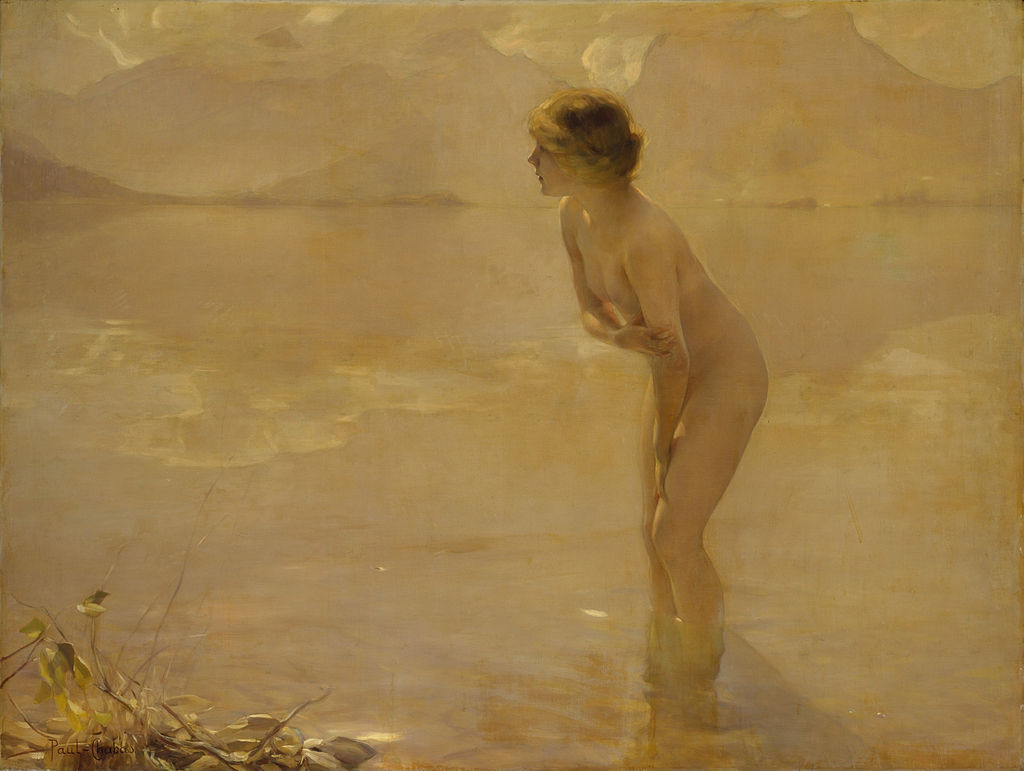PELOPIA IN GREEK MYTHOLOGY
Pelopia was a female member of the accursed House of Atreus, a descendent of Tantalus, and therefore quite possibly doomed from birth.
Pelopia Daughter of Thyestes
Pelopia was the daughter of Thyestes by an unknown woman, and was therefore granddaughter of Pelops, and great-granddaughter of Tantalus. Pelopia was said to have had two or three unnamed brothers.
Pelopia’s father Thyestes, and her uncle Atreus, had been sent into exile for their part in the death of their stepbrother. They found a new home in Mycenae, and things were looking up for Pelopia, especially when Thyestes became king of Mycenae, after the death of Eurystheus.
Pelopia’s father Thyestes, and her uncle Atreus, had been sent into exile for their part in the death of their stepbrother. They found a new home in Mycenae, and things were looking up for Pelopia, especially when Thyestes became king of Mycenae, after the death of Eurystheus.
Pelopia in Exile
Atreus though would soon usurp the throne, with the help of the gods. Thyestes and Pelopia would be exiled from Mycenae, although Pelopia might still have been in Mycenae to witness the banquet where her brother’s were served up as the main course for Thyestes to eat.
Pelopia Attacked
|
Pelopia would find refuge in Sicyon in the house of King Thesprotus, and would gain a privileged position within the temple of Athena. Events elsewhere would have a dramatic impact upon her life.
Thyestes had travelled to Delphi to find out how he could have his revenge upon Atreus, and the Oracle had told the former king that if his daughter bore him a son, then that son would kill Atreus. |
|
Thyestes would travel to Sicyon, and there he came across Pelopia washing herself in a river after a sacrifice in the temple. Disguising himself, Thyestes would rape his own daughter, although Pelopia managed to take away her attackers sword, and hide it away, so that she might one day recognise her attacker.
Pelopia Gives Birth to a Son
|
Thyestes’ raping of Pelopia did indeed make his daughter pregnant, but before the pregnancy showed, Atreus himself came to Sicyon. Atreus saw Pelopia, and although uncle did not recognise niece, Atreus decided to make Pelopia his new wife. Thus, Pelopia once again returned to Mycenae, and Pelopia would give birth to Atreus’ “son”.
Some versions of the Pelopia myth tell of how the new queen of Mycenae abandoned the newborn boy, ashamed that it was produced as a result of rape. But, although abandoned on the hill side, Aegisthus was rescued first by a she-goat and then by a shepherd. The shepherd was then said to have brought the abandoned child to Atreus who then raised it as his own. Thyestes Returns to MycenaeEventually, after the passing of many years, Thyestes was discovered in Delphi by Agamemnon and Menelaus, who forcibly returned their uncle to Mycenae. Imprisoned in a cell, Atreus then sent his “son” Aegisthus to kill the prisoner, but when Aegisthus unsheathed his sword, Thyestes recognised it as the sword he had lost years before.
When Thyestes questioned his would be assassin about the sword, Aegisthus was forced to call upon his mother Pelopia to provide the details. When Pelopia recognised the prisoner as both her father and her rapist, the daughter of Thyestes took the sword from her son, and stabbed herself with it, committing suicide. Pelopia’s son though would go on to kill Atreus with the same sword shortly afterwards; confirming the prophecy made years before. |
|
